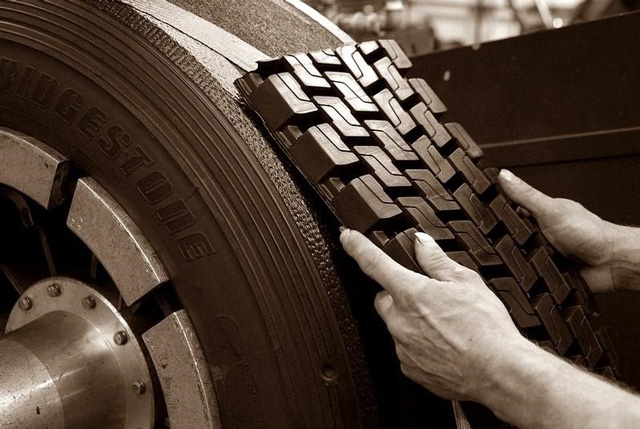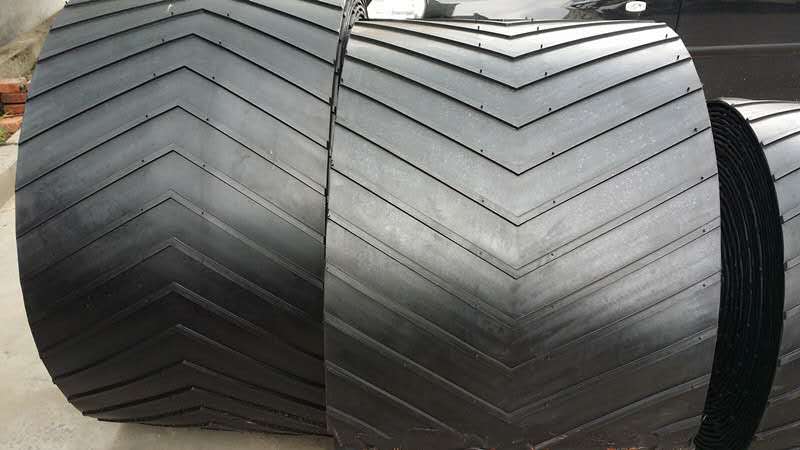In today's dynamic industrial landscape, the quest for sustainable solutions has led to the applications of reclaimed rubber in production. Derived from recycled truck tires, reclaimed rubber offers a myriad of applications, revolutionizing production processes while championing environmental stewardship.
1. Tire Retreading: One of the primary the applications of reclaimed rubber in production is tire retreading, a cost-effective and eco-friendly alternative to tire replacement. Reclaimed rubber serves as a key component in retreaded tires, enhancing their durability, tread life, and overall performance. By utilizing reclaimed rubber, tire retreaders reduce their reliance on virgin rubber, thereby conserving natural resources and mitigating environmental impact.
2. Automotive Components:In the automotive industry, reclaimed rubber finds extensive use in the production of various components, including seals, gaskets, hoses, and vibration dampeners. Its resilience, flexibility, and resistance to temperature extremes make it an ideal material for automotive applications. From door seals to engine mounts, the applications of reclaimed rubber in production contribute to the reliability and longevity of automotive systems while promoting sustainability in the supply chain.
3. Rubber Mats and Flooring: the applications of reclaimed rubber in production play a vital role in the manufacturing of rubber mats, flooring tiles, and other anti-fatigue products used in commercial, industrial, and recreational settings. These products benefit from the durability and shock-absorption properties of reclaimed rubber, providing comfortable and safe flooring solutions for diverse environments. Whether in gyms, playgrounds, or industrial facilities, reclaimed rubber-based flooring offers longevity and performance.
4. Construction Materials: In the construction sector, reclaimed rubber is utilized in a variety of applications, ranging from roofing materials to sealants and adhesives. Its weather resistance, waterproofing capabilities, and compatibility with asphalt make it an indispensable ingredient in the production of roofing membranes, pavement sealants, and waterproofing compounds. Reclaimed rubber contributes to the sustainability of construction projects by extending the lifespan of structures and reducing maintenance requirements.
5. Industrial and Consumer Goods: Reclaimed rubber finds its way into an array of industrial and consumer goods, including conveyor belts, hoses, footwear, and sporting goods. Its versatility and resilience make it a preferred choice for manufacturers seeking sustainable alternatives to virgin rubber. From industrial belting to shoe soles and yoga mats, reclaimed rubber imparts durability and performance to a wide range of products, meeting the demands of both industrial and consumer markets.
In conclusion, the applications of reclaimed rubber in production are as diverse as they are impactful. From tire retreading and automotive components to construction materials and consumer goods, reclaimed rubber offers a sustainable alternative that doesn't compromise on quality or performance. By incorporating reclaimed rubber into their manufacturing processes, industries not only reduce their environmental footprint but also contribute to a circular economy where waste is transformed into valuable resources. Embracing reclaimed rubber is not just a choice; it's a step towards a more sustainable and resilient future for generations to come.




main.comment_read_more